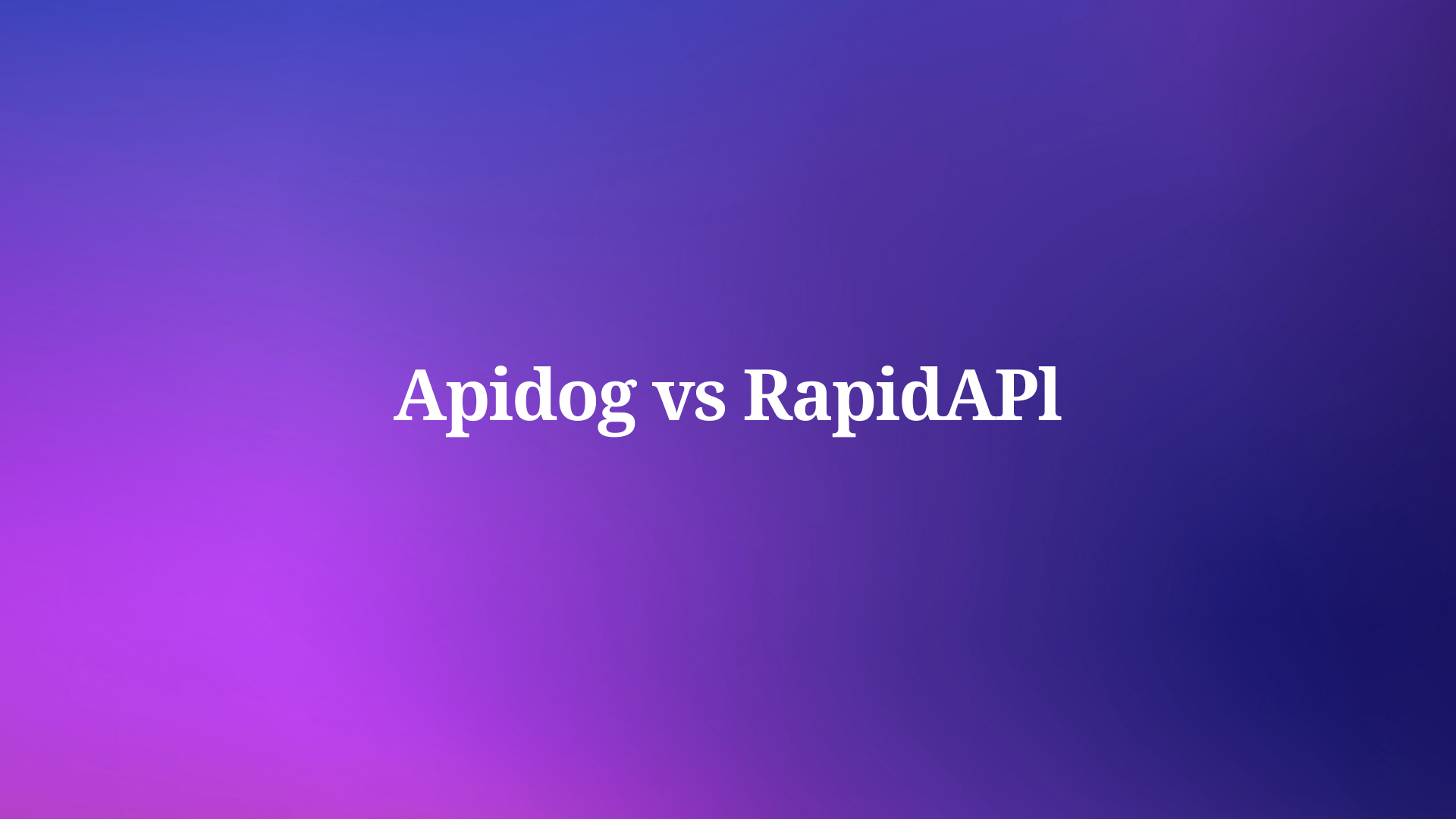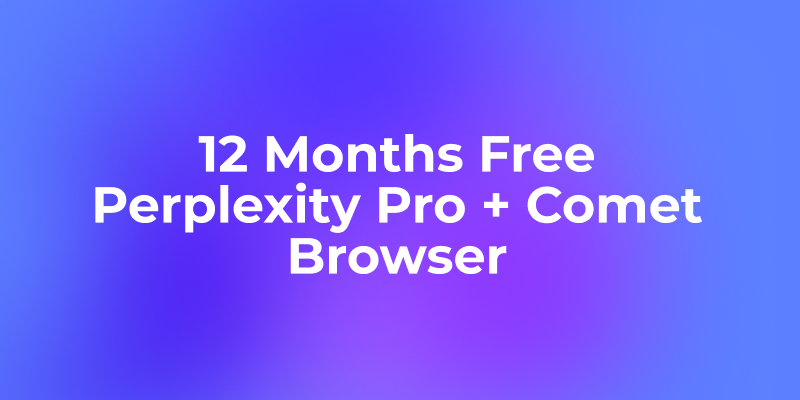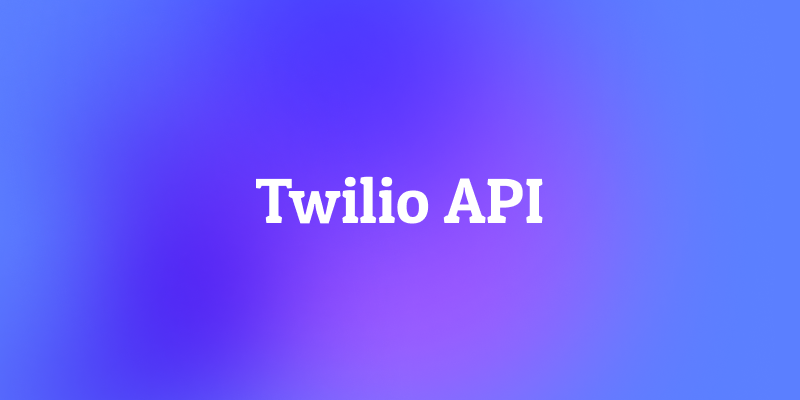Developers constantly seek efficient tools to streamline API workflows. Apidog and RapidAPI both address these needs, yet they differ significantly in approach and capabilities. Developers often weigh options like these to enhance productivity and reduce overhead.
This article compares Apidog and RapidAPI across various dimensions. It highlights how small details, such as interface intuitiveness or integration depth, create substantial impacts on daily use. Moreover, it emphasizes technical aspects that matter most to engineers, like automation support and scalability. Consequently, readers gain insights to make informed decisions.
Understanding Apidog: An All-in-One API Platform
Apidog serves as a comprehensive platform that unifies the entire API lifecycle. Developers design, debug, test, mock, and document APIs within a single environment. This integration eliminates the need for multiple tools, which often fragment workflows.
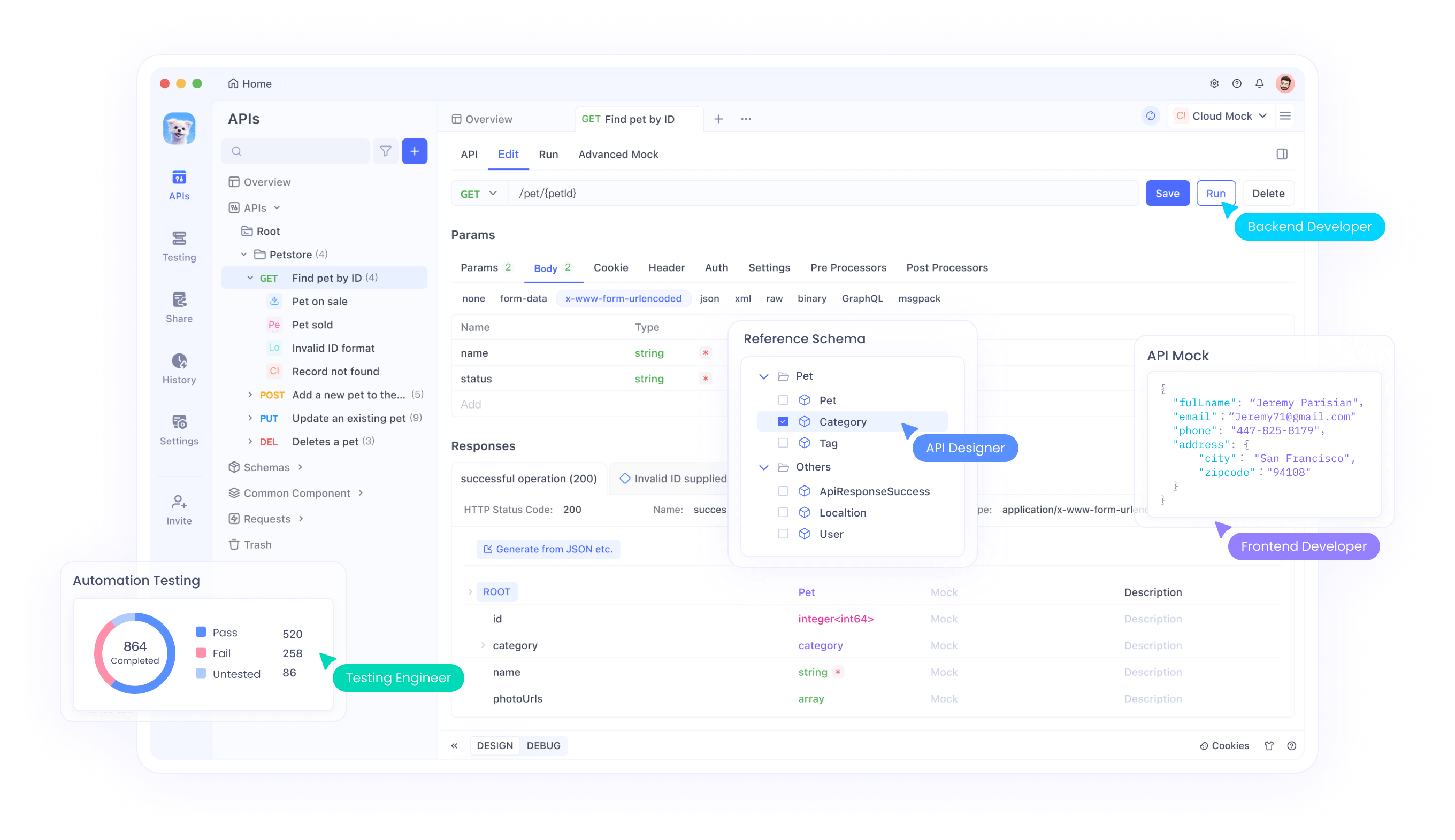
Apidog adopts a design-first methodology. Users visually craft APIs using intuitive interfaces and reusable components. It supports OpenAPI specifications, allowing seamless synchronization of changes across the lifecycle. For instance, engineers organize endpoints by business domains, such as authentication or orders, promoting clarity and maintainability.
Apidog excels in automated testing. It enables low-code test scenarios with assertions and branching logic. These tests verify workflows and integrate into CI/CD pipelines, preventing regressions. The platform validates APIs against specifications early, catching inconsistencies before they escalate.
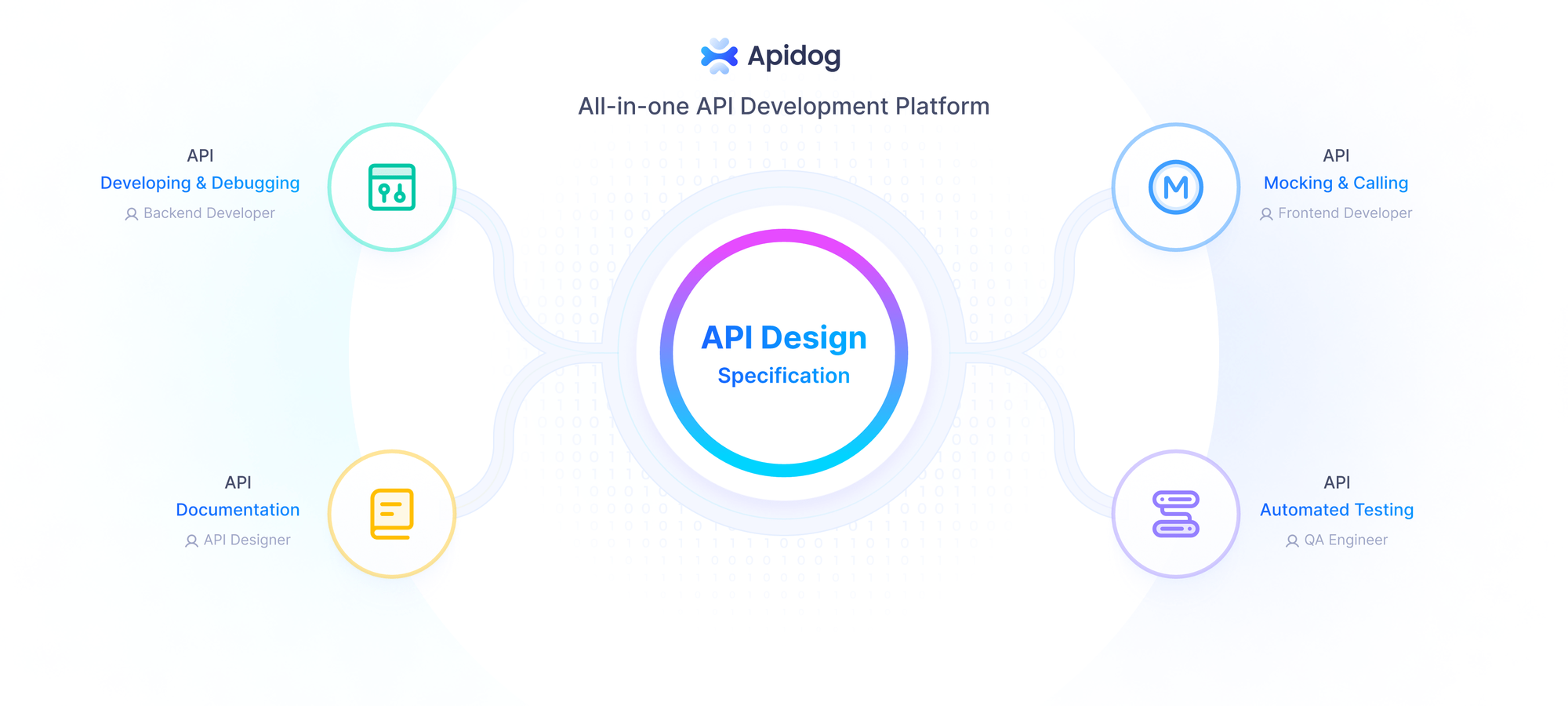
Furthermore, Apidog's smart mocking generates realistic responses based on schemas. Frontend teams proceed independently, reducing dependencies on backend development. This feature proves invaluable in agile environments where parallel work accelerates delivery.
Documentation generation stands out as another strength. Apidog auto-creates interactive docs from live specs, including "Try It Out" functionality and code samples. Teams version and host these on custom domains, ensuring stakeholders access up-to-date information.
Collaboration features foster team unity. Apidog structures workspaces by microservices, offering logical separation and visibility. Multiple users edit simultaneously, with role-based access controlling permissions.
However, Apidog's relative newness means some enterprise customizations lag behind established competitors. Still, frequent updates, like AI-assisted testing, keep it evolving.
Exploring RapidAPI: The API Marketplace and Studio Toolset
RapidAPI operates primarily as an API marketplace, connecting providers and consumers. It hosts thousands of APIs, enabling discovery and integration. However, its Studio component focuses on development tools, making it comparable to Apidog.

RapidAPI Studio integrates building, consuming, managing, and monetizing APIs. Providers build high-quality APIs using tools for requests, testing, and analytics. The platform supports REST, SOAP, and GraphQL, catering to diverse needs.
The Requests tool functions as a team-based client. Users create parameterized request groups, branched for experimentation. This setup aids collaboration, as teams share and refine requests before merging.
Testing in RapidAPI converts requests into verifiable tests. These ensure contract compliance, such as OpenAPI documents or GraphQL schemas. Providers run tests during commits, maintaining quality.

The Hub feature publishes APIs to the marketplace. Providers define specs, set pricing, and monitor usage. Analytics provide insights into traffic, errors, and latency, with alerts for issues.
Monetization options include freemium models and revenue sharing. RapidAPI handles billing, taking a cut from subscriptions. This simplifies earning from APIs but introduces dependencies.
Security measures protect against injections by validating requests against patterns. Versioning allows multiple API iterations, supporting backward compatibility.
Pricing for RapidAPI varies. Studio basics are free, suitable for individual developers. Paid plans for providers start with overage charges; for example, Pro tiers cost $99 for 1000 requests, plus $0.16 per extra. Enterprise options require consultations for custom pricing. Consumers subscribe to APIs, with costs based on usage tiers.
Nevertheless, RapidAPI's dual focus on marketplace and tools sometimes dilutes the development experience. Users report UI complexities and occasional support issues. Additionally, revenue shares can reduce profitability for high-volume providers.
Apidog vs RapidAPI: Feature-by-Feature Breakdown
Developers prioritize features that enhance efficiency. This section dissects key areas where Apidog and RapidAPI converge and diverge. Such comparisons reveal how subtle variations influence outcomes.
API Design Capabilities
Apidog prioritizes visual design. Engineers build APIs intuitively, incorporating reusable elements and OpenAPI support. Changes sync automatically, maintaining consistency.

RapidAPI Studio supports spec-driven design. Users import OpenAPI specs or create from scratch. However, it lacks Apidog's domain-based organization, which can complicate large projects.

Consequently, Apidog suits teams emphasizing structured design, while RapidAPI appeals to those integrating existing specs quickly.
Testing and Debugging Tools
Apidog automates testing with low-code scenarios. It includes assertions, branching, and CI/CD integration. Debugging occurs in real-time, with validation against specs.

RapidAPI Testing transforms requests into tests. It verifies contracts and runs on commits. Analytics aid debugging by highlighting errors.

However, Apidog's AI enhancements provide smarter assertions, giving it an edge in complex scenarios. RapidAPI's strength lies in marketplace-integrated testing for monetized APIs.
Mocking and Simulation
Apidog's smart mocking generates data from field names and schemas. Advanced scripts customize responses, enabling realistic simulations.
RapidAPI offers basic mocking within Studio. It supports request-based responses but lacks Apidog's intelligence.
Thus, Apidog better supports decoupled development, where teams mock dependencies effectively.
Documentation and Sharing
Apidog auto-generates interactive docs with try-out features and versioning. Custom domains enhance professionalism.

RapidAPI Hub creates shareable docs upon publication. It includes code snippets and discussions.
In addition, Apidog's sync with live specs ensures accuracy, whereas RapidAPI requires manual updates.
Collaboration and Team Management
Apidog unifies workspaces by microservices. Real-time editing and role-based access streamline teamwork.
RapidAPI provides role-based controls and team hierarchies. Audit trails track changes.
Nevertheless, Apidog's modular structure scales better for large teams, reducing silos.
Integration and Extensibility
Apidog integrates with tools like Postman (via import) and CI/CD platforms. It supports multiple protocols.
RapidAPI excels in marketplace integrations, connecting to thousands of APIs. VS Code extensions enhance extensibility.
Moreover, RapidAPI's bi-directional sync with code editors offers flexibility, though Apidog's all-in-one nature minimizes external needs.
Performance and Scalability
Apidog handles large-scale testing without limits in paid plans. Its resource efficiency suits enterprise loads.
RapidAPI scales via cloud infrastructure but imposes request limits in lower tiers.
Consequently, Apidog performs reliably for high-volume use, while RapidAPI requires upgrades for growth.
Security Features
Apidog enforces access controls and encryption. It validates inputs to prevent threats.
RapidAPI prevents injections and supports SAML for IDP integration.
However, RapidAPI's marketplace exposure demands stronger consumer-side security, which it addresses through patterns.
Pricing Comparison: Apidog vs RapidAPI
Cost influences adoption. Apidog's free plan covers essentials, with paid options . Annual billing saves money, and credits offset subscriptions.

RapidAPI Studio starts free, but monetization involves shares (e.g., 20% cut). Usage-based pricing adds $0.16 per overage request in Pro plans.

Therefore, Apidog offers predictable costs, ideal for development-focused teams. RapidAPI suits marketplace sellers but can accumulate expenses.
Pros and Cons of Apidog
Apidog shines with its unified platform. Pros include intuitive design, smart mocking, and free core features. It accelerates workflows and fosters collaboration.
Cons encompass limited custom plans for massive enterprises and a learning curve for advanced scripting.
Pros and Cons of RapidAPI
RapidAPI excels in marketplace reach. Pros feature extensive API discovery, monetization ease, and analytics depth.
Cons involve revenue shares, UI complexities, and dependency on the platform for visibility.
Use Cases: When to Choose Apidog or RapidAPI
Teams building internal APIs prefer Apidog. Its design-first approach suits microservices architectures in e-commerce or fintech.
RapidAPI fits providers monetizing public APIs, like data services or utilities.
For hybrid needs, Apidog's hub mimics marketplace functions without shares.
In education, Apidog's discounts aid learning, while RapidAPI's free tier supports experimentation.
User Experiences and Reviews
Developers praise Apidog for efficiency. One review notes its Postman compatibility eases transitions. Another highlights visual debugging.
RapidAPI users value the hub but critique pricing opacity. Support experiences vary.
Conclusion: Making the Right Choice
Apidog emerges as a strong contender for dedicated API development. Its all-in-one features and cost-effectiveness outperform in many scenarios. RapidAPI thrives in marketplace ecosystems.
Ultimately, assess team needs. Small differences, like mocking depth or pricing transparency, tip the scale. Download Apidog free to evaluate its fit.
